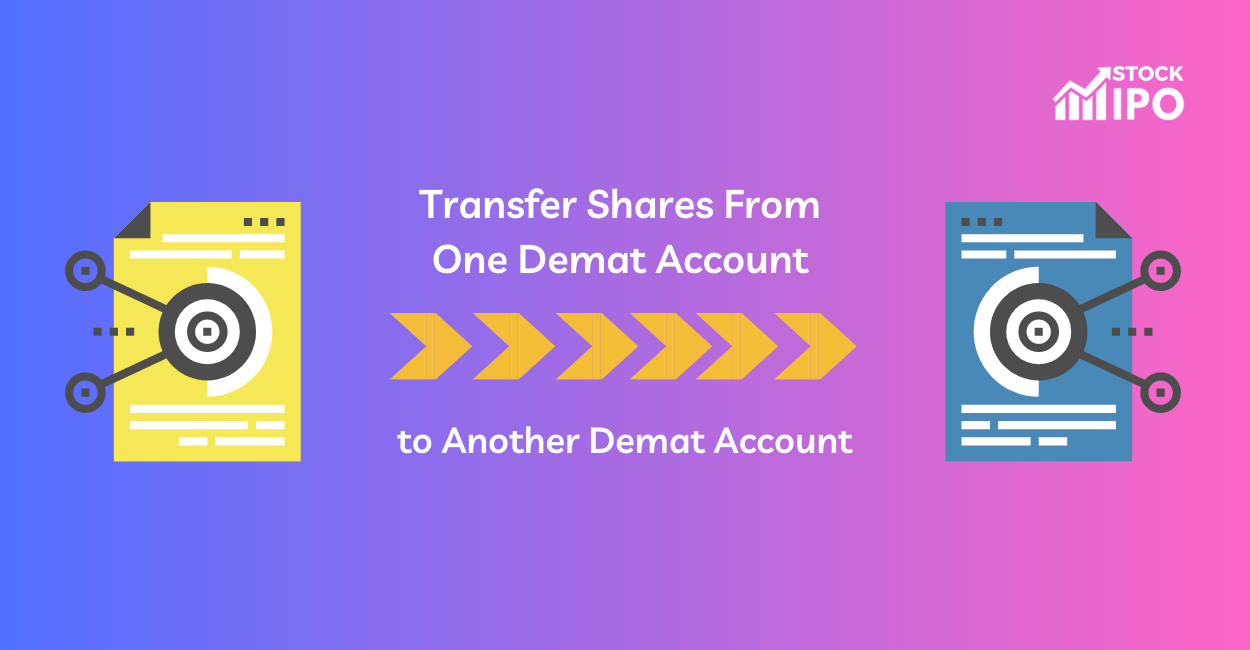CDSL or Central Depository Services Limited is one of the depositories in India. A depository holds shares, debentures and other securities in dematerialized form. CDSL offers demat accounts to individuals who wish to hold these securities. Another such depository in India is NSDL, which is National Securities Limited. However, in this article, you will know all about what CDSL is, and how it functions.
Central Depository Services Limited
Established in 1999, and headquartered in Mumbai, CDSL was set up with the objective of providing secure and dependable services at affordable costs to all market participants. CDSL is promoted by BSE Ltd, with other banks such as State Bank of India, Bank of India, Bank of Baroda, HDFC Banks and Union Bank of India.
Many investors believe that CDSL is Government owned, however, this is not the case. It is a professionally managed company that is authorised by the Government of India for offering depository services in India.
Leading stock exchanges such as the National Stock Exchange, Calcutta Stock Exchange, Delhi Stock Exchange, The Stock Exchange, Ahmedabad, etc have connectivity with CDSL.
It provides its services through the Depository Participants (DPs). Depository Participants are agents of the depository and as the name suggests are the intermediary between the depository and the investor. This will be further discussed in the article ahead.
How Does CDSL Work?
Now that you know what CDSL is, let’s understand the functioning and the mechanism of the depository. The functioning of the depository is very similar to that of a bank. Just like a bank account, CDSL offers a demat account and instead of holding money, the account holds the securities of the holder.
However, like in the case of a bank how a customer can directly be in contact with the bank, one cannot directly connect with the CDSL.
Depository Participant
An intermediary called a depository participant is to be contacted to open an account with CDSL. As per SEBI guidelines, financial institutions, banks, custodians, stockbrokers etc are eligible to act as DPs.
An investor can open a demat account through any of the DPs under CDSL for holding and transferring their securities. Each registered DP has a unique ID through which they can be identified. There are more than 600 depositories under CDSL. There are various depository participants who can be contacted.
Demat Account
The Demat Accounts held by the investors have a unique number known as the Beneficiary Owner Identification. This ID is a 16-digit ID.
Out of these 16 digits, the first 8 digits represent the depository participant ID with whom the investor has the demat account. The last 8 digits are unique to every such account holder and are referred to as the Client ID.
CDSL TPIN
TPIN is a 6-digit password that can validate a sale in advance. A TPIN can be used at the beginning of every trading day for pre-authorization of the sale transactions that day so that it does not have to be done every time a selling order is placed.
Hence, for every transaction now, one has to use both a CDSL TPIN and an OTP. Earlier, instead of a CDSL TPIN, a Kite PIN was used.
CDSL CAS
A Common Account Statement is also called a holding statement. It contains details about all the holdings of the investor in NSDL and CDSL demat accounts. A CAS is sent to the investors every month when there is a transaction in their demat account, in case there is no transaction such a statement is sent half-yearly in the months of April and October.
The CAS can also be downloaded from the CAS tab on the CDSL website.
CDSL EASI
EASI stands for Electronic Access to Securities Information. Under this service by CDSL, investors can access their holdings in their demat accounts. This allows the investors to view and manage their holdings anytime and from anywhere. It also gives the benefit of being able to access the previous prices of their holdings.
It also allows the investor to see securities in multiple demat accounts of the investor in just one login.
CDSL Easiest
CDSI Easiest is just an advanced EASI service. Easiest is for Electronic Access to Securities Information and Execution of Secured Transaction.
Other than the services same to the EASI service, Easiest also allows investors to make off-market, on-market, inter-depository, and early pay-in debit instructions from their demat account from anywhere by using the internet.
Charges
There are various kinds of charges that are charged by CDSL. CDSL has some base charges which it charges, the depository participants are allowed to charge over these mentioned base charges. For this reason, each depository has different charges that are being charged.
The following are the different charges –
- Account Opening Charges
- Account Maintenance Charges
- Debit Transaction Charges
- Pledge Creation Fees
- Pledge Invocation Fees
- Dematerialisation Charges
- Rematerialisation Charges
- Delivery Instruction Slip Charges
- Account Statement Charges
Summary
This was all about CDSL. Following is a brief summary of what was discussed in the article above.
CDSL is a financial securities depository in India. It is responsible for holding securities such as shares, debentures and mutual funds in electronic form and allowing transactions in these securities. Another such authorised depository in India is NDSL. Like a bank, CDSL does not directly interact with the investors, the depository participants act as an intermediary here.
There are various services that are provided by them such as –
- The balances in the investors’ accounts are recorded and maintained with CDSL and can be obtained from a DP.
- The DP also provides the investor with a statement of the account displaying the details of the securities held in the account and the transactions that have taken place. This also promotes the digitization of the whole process.
- Anyone who has their securities held in physical certificates can dematerialise them through their DP.
- Similar to dematerialization, the rematerialisation of electronic securities is also done through a DP. Processing Delivery and Receipt instructions.
- Pledging of securities (like shares and bonds) is also done via a DP.
- Facilitating change in address or bank account details linked with the demat account. Other than the above functions, CDSL also facilitates online voting for the shareholders in various companies.







